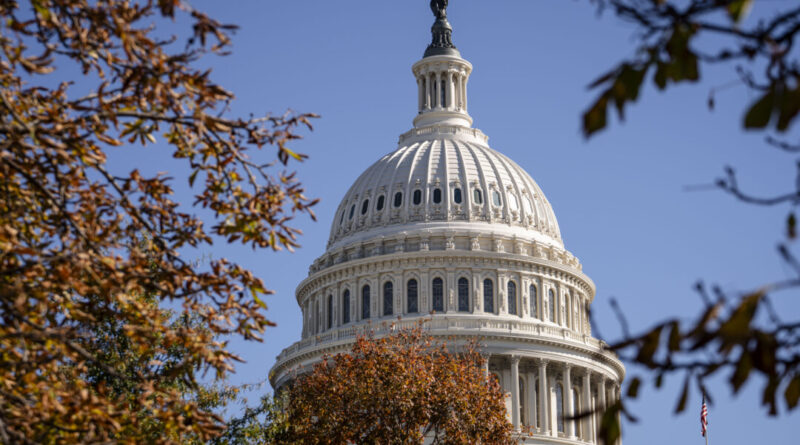Republican’s Maintain Control of the House, Securing Trifecta
The current projection indicates that President-elect Donald Trump will begin his second term with a unified Republican government.
WASHINGTON—Republicans have secured their majority in the House of Representatives, granting the GOP control of the White House and both Congressional chambers in the upcoming year.
On November 13 at 10:30 p.m., The Associated Press (AP) announced that Republicans had won a minimum of 218 seats, enough to hold a majority in the House. Nine races are still undecided. If the current trend continues, Republicans will attain 221 seats in the House compared to Democrats’ 214.
Republicans are also expected to secure at least 53 seats in the Senate, with President-elect Donald Trump projected to win 312 electoral votes, sweeping all seven swing states.
Nevertheless, the departure of three congressmen—Reps. Elise Stefanik (R-N.Y.), Mike Waltz (R-Fla.), and Matt Gaetz (R-Fla.)—who are set to join Trump’s administration will temporarily diminish these margins. Special elections will be necessary to fill these seats, potentially reducing the effective Republican majority for a few months.
However, it is anticipated that all three seats will return to the GOP in such elections.
During a press conference on November 12, House Speaker Mike Johnson (R-La.) proclaimed victory in securing control of the House.
“We took every possible step to reach this moment,” Johnson declared from the U.S. Capitol steps, with a backdrop reading “New Day in America.”
“A new dawn has arrived in Washington; it’s morning in America,” he emphasized.
House Majority Leader Steve Scalise (R-La.) affirmed at the press conference that Trump won’t face internal party opposition this time, as he did during his first term in 2017.
“The American populace yearns for change, and they will find a Republican leadership committed to serving them, eliminating their struggles,” Scalise asserted.
Johnson described the GOP victory as “decisive.”
“The people want us to implement and deliver on the America First agenda,” he stated.
He envisioned the 119th Congress as potentially “the most impactful Congress of the modern era,” emphasizing the need to rectify several aspects of public policy. “There is chaos in every sphere,” he added.
Despite this victory, Republican control of the House is slimmer compared to Trump’s 47-seat majority in 2017.
Johnson has expressed interest in pursuing a second term as Speaker, which would necessitate at least 218 votes. However, challenges may arise due to the narrow Republican margins and dissent from some members regarding Johnson’s leadership in the prior Congress.
Here’s how the House battle unfolded.
Most Incumbents Successfully Fended Off Challenges
Several Republican incumbents, including Jen Kiggans of Virginia, Scott Perry of Pennsylvania, John James of Michigan, and others, have already clinched victory in their respective races.
On the Democratic side, incumbents Emilia Sykes, Marie Gluesenkamp Perez, and others held off Republican challengers.
Democrats are expected to retain their incumbencies in races yet to be called, such as Marcy Kaptur and Jared Golden.
In the Republican gains, Rust Belt states saw the most success while Democrats managed to unseat a few New York Republicans.
Alaska’s single at-large district is still pending, with the outcome, especially with Nick Begich near the 50% threshold, waiting to be determined.
In California, counting is ongoing with a few races undecided.
Overall, Republicans largely maintained their existing gains in the state, except for Rep. Mike Garcia projected to lose his seat to a Democratic challenger.


